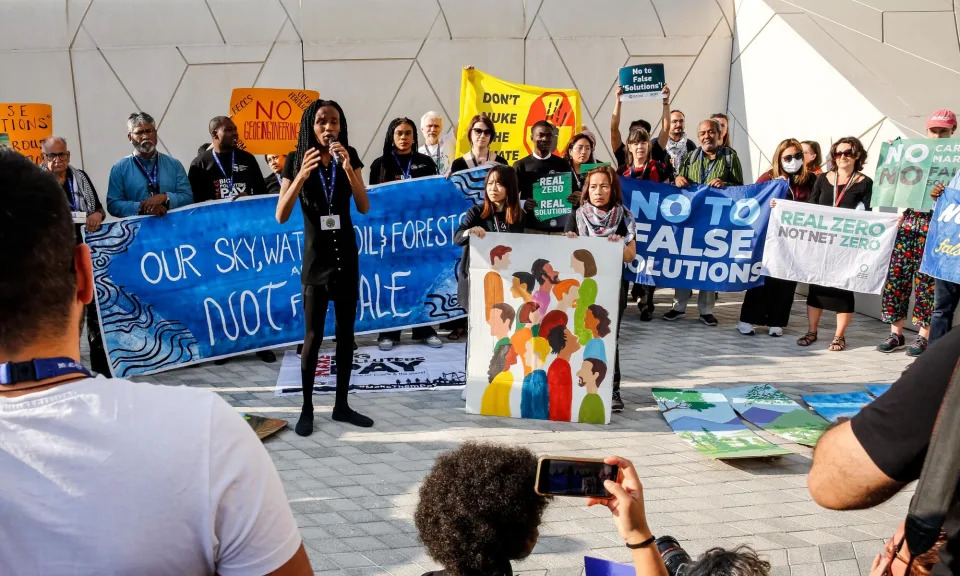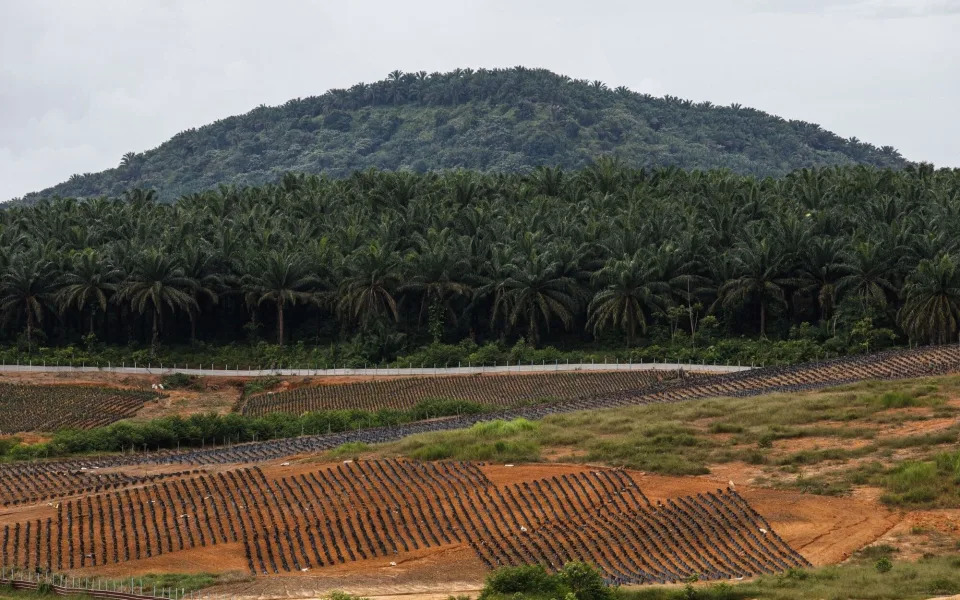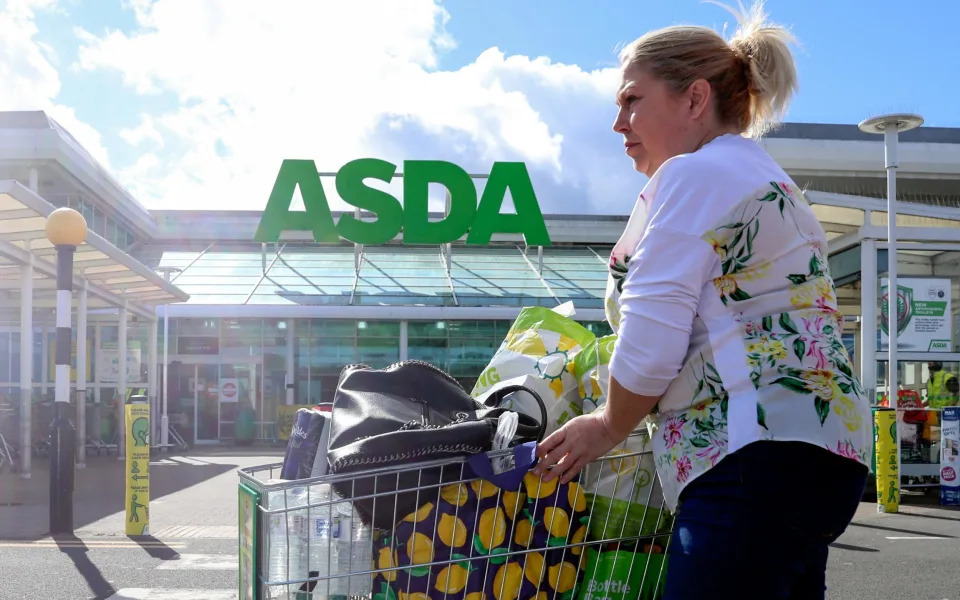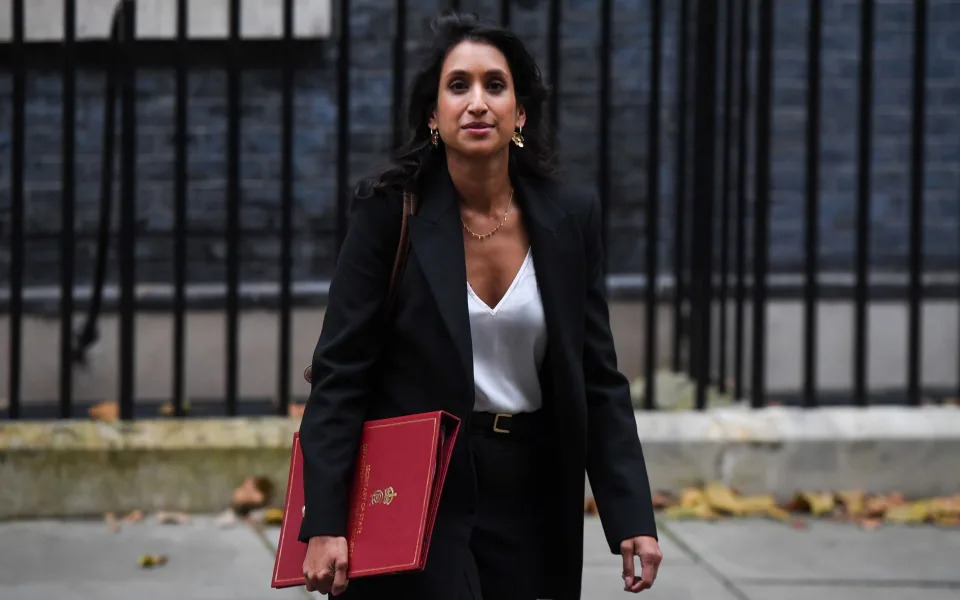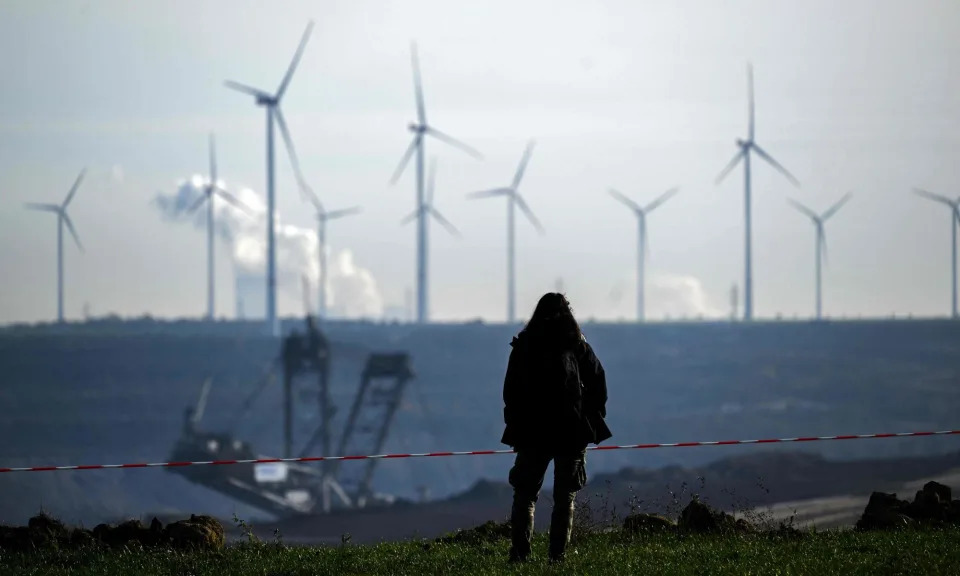Aaron Larson
Thu, December 7, 2023
China National Nuclear Corp. (CNNC) announced on Dec. 6 that China’s independently developed high-temperature gas-cooled modular pebble bed (HTR-PM) reactor demonstrator had commenced commercial operation. The HTR-PM project was constructed at a site in Rongcheng, Shandong Province (Figure 1), roughly midway between Beijing and Shanghai in eastern China. Touted as “the world’s first commercially operational modular nuclear power plant with fourth-generation nuclear technology,” the achievement marks an important milestone, transitioning the technology from experiments to the commercial market.

1. Built on a site near Shidao Bay, also known as Shidaowan, the HTR-PM is the world’s first fourth-generation nuclear design to enter commercial operation. Courtesy: CNNC[/caption] Construction of the pioneering project began in December 2012, led by China Huaneng (which holds a 47.5% stake in the demonstration), along with CNNC subsidiary China Nuclear Engineering Corp. (CNEC, 32.5%), and Tsinghua University’s Institute of Nuclear and New Energy Technology (INET, 20%). Chinergy, a joint venture between Tsinghua and CNEC, served as the engineering, procurement, and construction contractor for the nuclear island. The HTR-PM features two small reactors, each with a capacity of 250 MWth. The reactors use helium as the coolant and graphite as the moderator. Each reactor is loaded (Figure 2) with more than 400,000 spherical fuel elements, or pebbles, each 60 millimeters in diameter, which is roughly the size of a tennis ball. Each pebble contains about seven grams of uranium fuel enriched to 8.5%.

2. Fuel loading at the Shidaowan HTR-PM in China began in the spring of 2021. It involved putting 870,000 spherical TRISO fuel elements into the two small reactors that will drive a single 210-MWe turbine. Courtesy: CNNC[/caption] Heat from the reactor produces steam in a steam generator. Tsinghua has reported helium temperatures at the reactor core inlet run about 250C, while outlet temperatures reach about 750C. Steam at 13.25 Megapascal (MPa) and 567C is produced at the steam generator outlet. The steam is used to drive a single steam turbine connected to a 210-MWe generator. The demonstration project was first connected to the grid on Dec. 20, 2021. Significant testing has been done since that time to validate operation and demonstrate acceptability. CNNC said the HTR-PM design has broad applications in various fields including power generation and combined heat and power. It noted advantages include high safety, power generation efficiency, and environmental adaptability. Tsinghua has said more than 30 years of continuous research, conducted by hundreds of Tsinghua scientists, has gone into the project. Developers stepped from the basic research of key technologies, to a 10-MW experimental reactor (HTR-10) built at an INET site, and finally to the demonstration project that is now in commercial operation at Shidaowan. Notably, Tsinghua said 93.4% of the equipment used in the final HTR-PM project was manufactured domestically.
Linglong One SMR Milestone
Meanwhile, China also is leading the nuclear industry forward with construction of the world’s first multipurpose small modular reactor (SMR) demonstration project, known as Linglong One. The unit is sited in southern China on the island of Hainan. In November, CNNC announced the top head of the steel containment vessel for the unit was hoisted into place, signaling commencement of the peak phase of internal installation. The Linglong One project began construction at the Changjiang Nuclear Power Plant on July 13, 2021. Linglong One, also known as the ACP100 design, is a multipurpose pressurized water reactor design developed by CNNC following more than 10 years of independent research and development. CNNC has called it “another significant achievement of independent innovation after Hualong One, CNNC’s third-generation nuclear power technology.” In 2016, the Linglong One design became the first SMR to pass a safety review by the International Atomic Energy Agency. Each Linglong One unit has a generating capacity of 125 MW. The demonstration project is wholly owned by CNNC’s China National Nuclear Power. CNNC has said the design and construction of Linglong One are revolutionary and groundbreaking. Modular construction is its most prominent feature. On Aug. 10 this year, the core module of the Linglong One reactor was lifted and placed in the nuclear island (Figure 3). The pressure vessel, evaporator, and other key equipment were installed in one step. Through standardized design, single module production, and mass production, the construction period is shortened and costs reduced, while improving safety, the company said. The small size and simplified system make the SMR convenient for transportation and operation.

3. The Linglong One core module is shown here being lifted for installation into the plant’s containment building. Courtesy: CNNC[/caption] In addition to generating electricity, CNNC said the Linglong One can also be used for seawater desalination, and heating or cooling, among other useful purposes. The company envisions it serving as self-contained energy sources for parks, islands, mining areas, and high-energy-consuming enterprises.
—Aaron Larson is POWER’s executive editor (@POWERmagazine). POWER Senior Associate Editor Sonal Patel contributed to this article.
